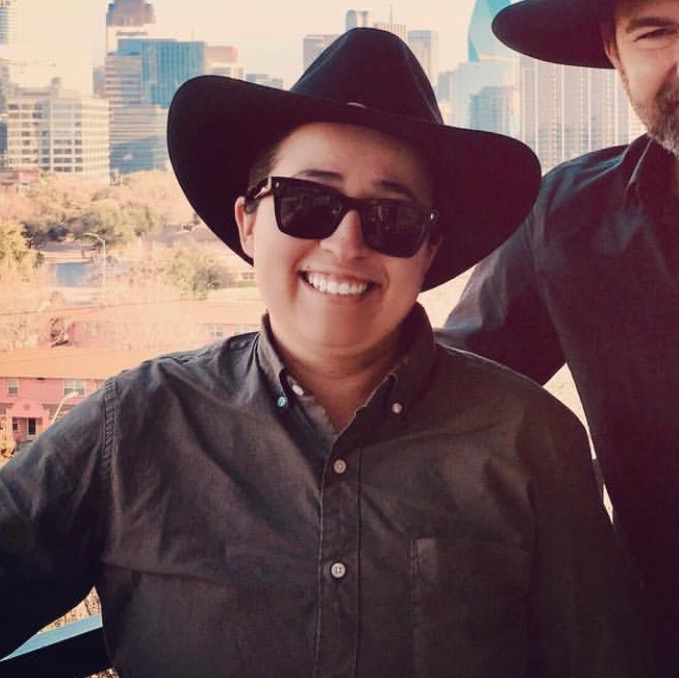In the fall of 2019 the Emory History Department welcomed four new faculty members. In the third of four posts, the following profiles the work of Assistant Professor Maria R. Montalvo. Dr. Montalvo completed her Ph.D. at Rice University in 2018.

Tell us about the focus of your research and principal current project.
My research centers on the history of slavery, capitalism, and the law in the nineteenth-century United States. My current book project, tentatively titled “The Archive of the Enslaved: Power, Enslavement, and the Production of the Past,” examines the relationship between the production of enslaved property and the production of the past. Building on my analysis of over 17,000 sets of antebellum New Orleans court records, my project illuminates the significant connections between historical processes of commodifying enslaved human beings and the construction and preservation of the documentary archive.
Was there a particularly memorable moment from archival or field research that has had a lasting impact on your work or career?
Tracing an enslaved woman named Sarah Connor throughout much of her life and across the nineteenth century has been a transformative experience. Connor’s life and choices were shaped and constrained by the realities of living as an enslaved and, later, free woman of color in the nineteenth-century United States. Finally locating her last will and testament in Washington, D.C., after much time spent trying to learn about her through the words of her enslavers, was an experience I will not soon forget.
What sort of courses—undergraduate or graduate—are you most excited to offer at Emory?
I am most excited to offer courses for students at all levels where we can work together to not only learn about the past and how historians work to reconstruct it but also improve our reading, writing, and critical thinking skills. In the survey course I’ll be teaching this fall (American History Until 1877) as well as the senior research seminar I’ll be leading in the spring (Enslaved People and the Archive), the development of historical knowledge takes center stage in my classroom. I’m thrilled to be able to offer students the opportunity to do the work of historians while learning how to be more engaged individuals.
What drew you to Emory?
Emory not only expects but also does everything it can to make sure that its faculty have every opportunity to succeed as scholars and as teachers. From the moment I set foot on campus, I have had zero doubts that Emory’s supportive community as well as its commitment to its faculty and its students make it the perfect place for me to grow as an educator and a historian. The sky’s the limit here, and I look forward to becoming an active member of the history department and the wider Emory community.